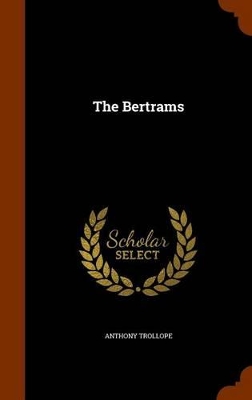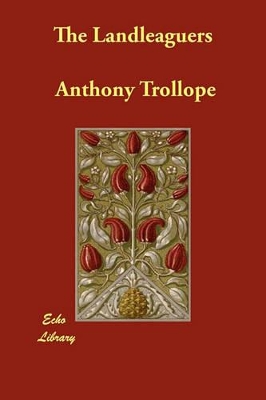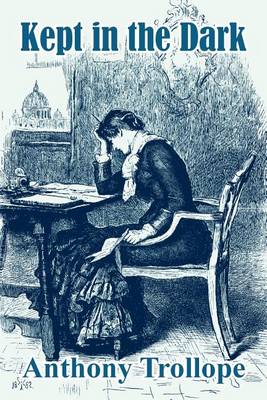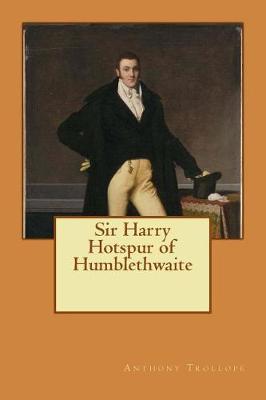Pocket Classics S.
4 total works
Set in the Middle East, but informed by the ramifications of of the repeal of the Corn Laws and the rise of Tractarianism, The Bertrams is a tale of doomed love and a remarkable blend of psychological insight, trenchant satire, and deft social comedy. Published in the same year as Darwin's Origin of Species its story of the contrasting careers of three Oxford graduates echoes the idea of the survival of the fittest. This fully annotated edition of the novel Trollope hoped would secure him a reputation as a serious author uses the original 1859 text. This book is intended for trollope fans; students and teachers of nineteenth-century literature and history, general.
The Landleaguers, Trollope's last novel, is set in Ireland during the Land War of the early 1880s. It is both a documentary record, closely following events in Westminster and the Irish countryside, and a meditative fantasy. A landlord's son is murdered by rural terrorists, a crime that replays the real-life assassination of Lord Frederic Cavendish in Dublin in 1882, and the novel traces the violent disruption of civil life as tenants, organized in the Land League, plot to force their landlords to give them a better deal. But part of Trollope's imaginative response to the crisis takes the form of an intriguingly uncharacteristic sub-plot, in which a young American woman travels to London and tries to make a name for herself on the operatic stage, while her father becomes a landleaguing Member of Parliament. In the introduction to this edition Mary Hamer provides a historically based reading of the sub-plot and relates it to Trollope's own personal stake in the crisis between England and Ireland.
Written in 1882, Kept in the Dark is a compelling story of jealousy, obstinacy and marital estrangement. Strong-minded Cecelia Holt cannot bring herself to tell George Western of her previous engagement to Sir Francis Geraldine. When her husband learns the truth, their marriage seems to be headed for disaster. The story has a painful contemporary moral which would today raise troubling questions regarding the submission of wives to their husbands.
Since its first appearance in 1870, this has been regarded as one of Trollope's finest short novels. It is the tale of a conscientious father vacillating between a desire to marry his daughter to a cousin destined to inherit the family title, and his fear that the cousin, reportedly a scheming wastrel, is unworthy of her. Sir Harry Hotspur has been called Trollope's saddest story, and at the same time is the superlative exception to the rule that Trollope's long, comfortable books are his best. This book is intended for general readers, students and teachers of Victorian literature.



